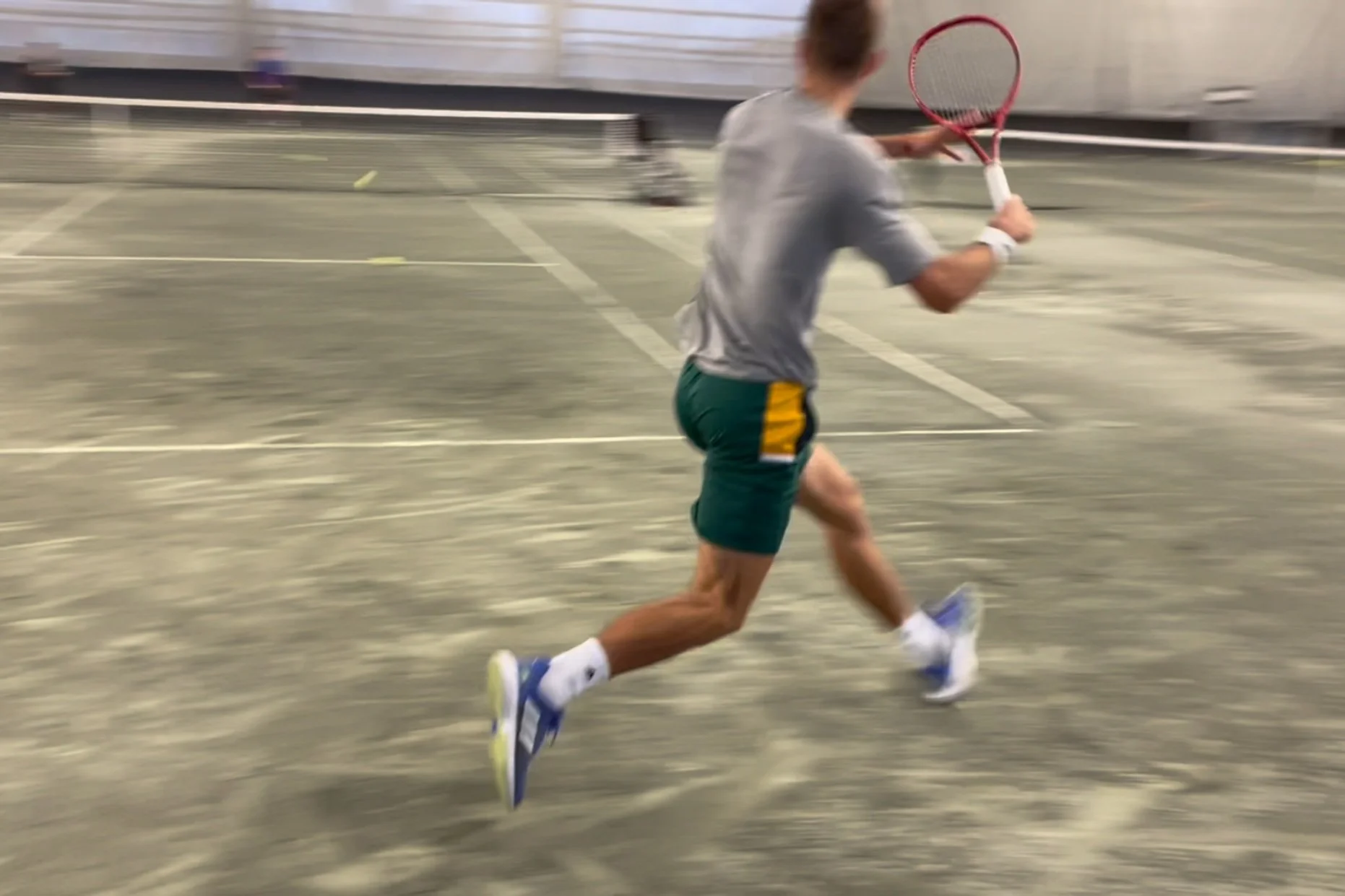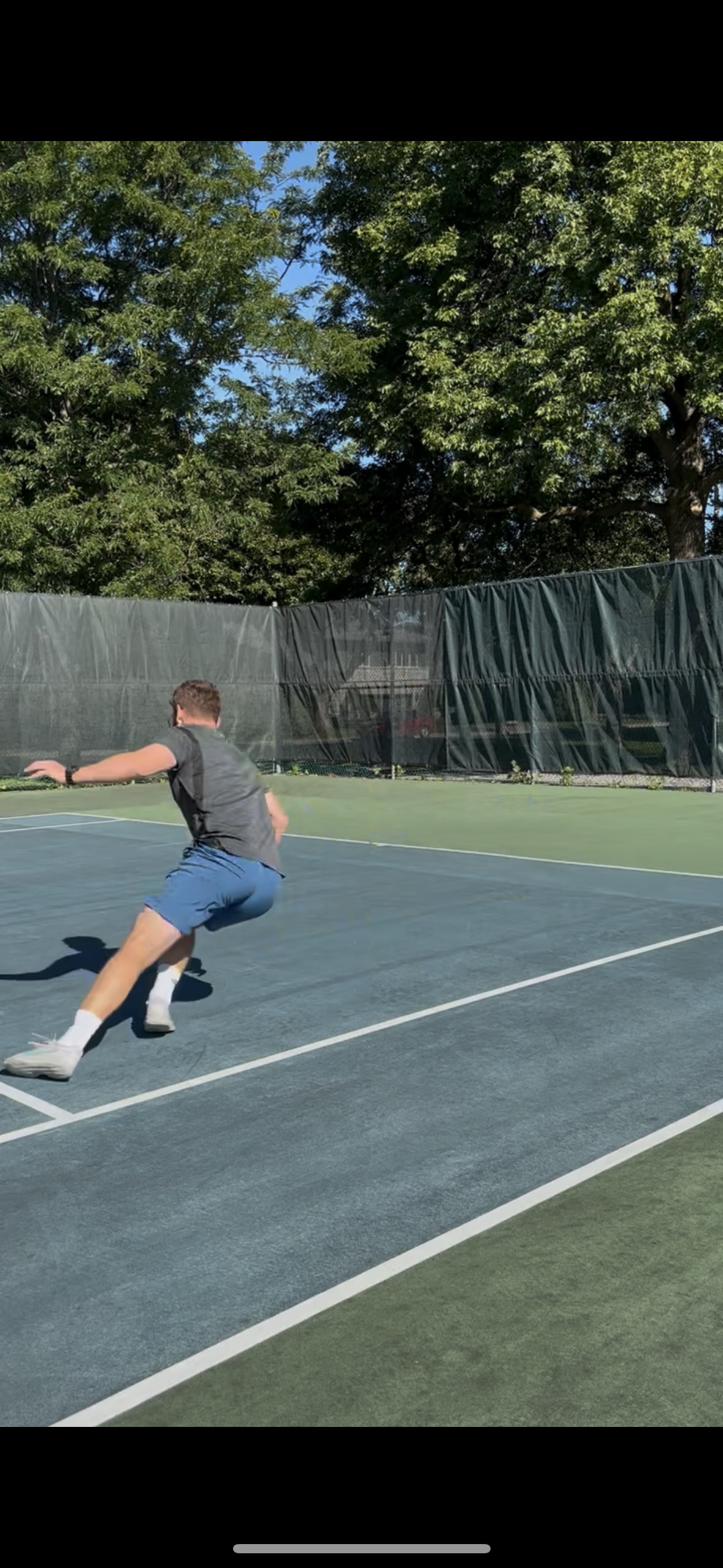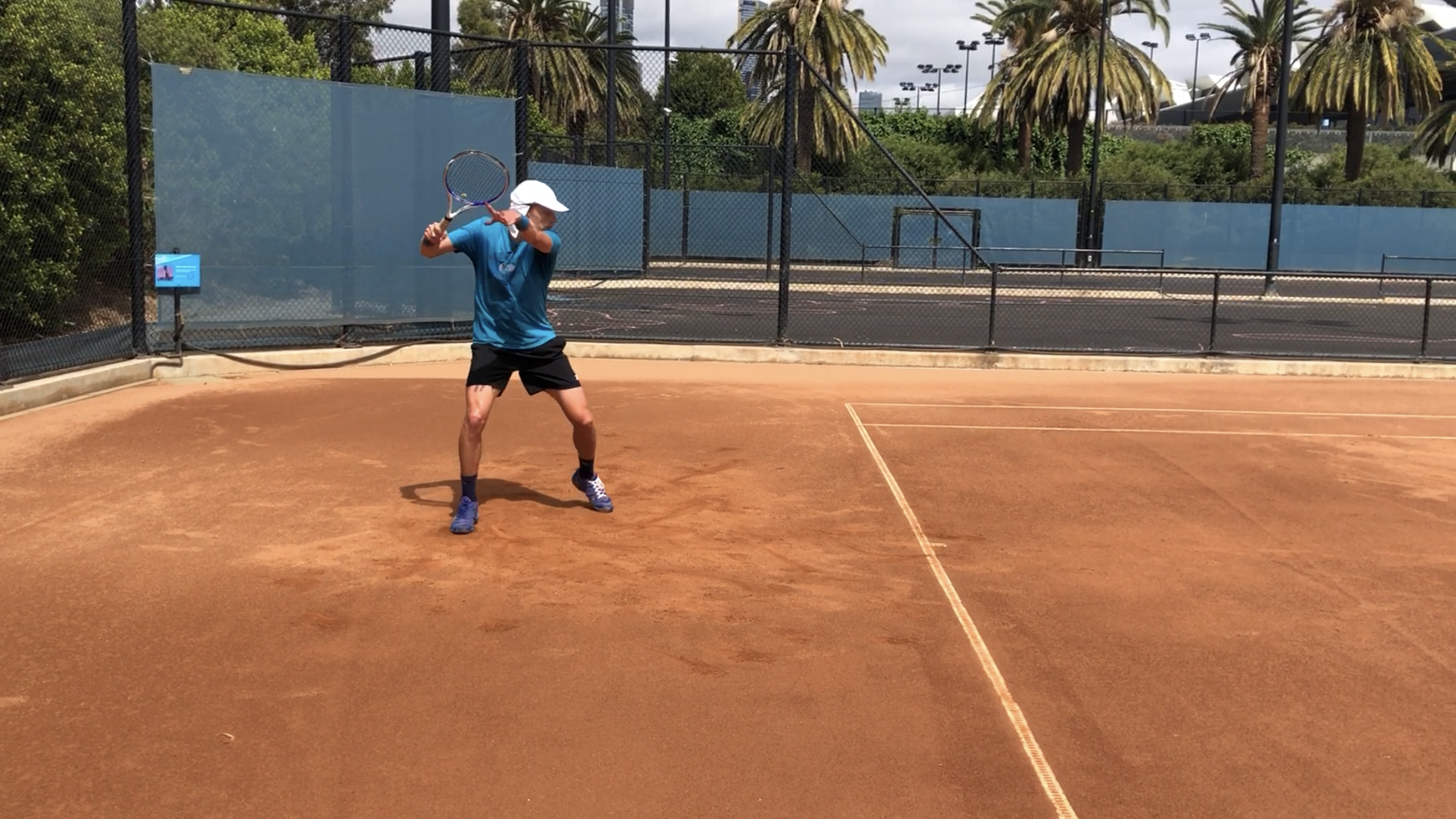In last week’s article, I wrote about easing into COD (change-of-direction) type of work. More specifically, I touched on COD drills and some of the best ways of incorporating them into training, especially in the early stages.
Viewing entries tagged
COD
For those that are unfamiliar with the term COD, it stands for change-of-direction. In the tennis world, things can get confusing as players and coaches often use the term ‘change direction’ when referring to hitting drills or on-court tactics. In other words, changing the direction of the ball (from a crosscourt exchange to a down-the-line switch, for instance). But that’s NOT what we’re talking about here.
I’ve spoken about COD in the past (you can check out THIS article for an extensive review). But in layman terms, it’s basically the instant when you move / orient your body from one direction, to another.
I get a fair amount of questions sent my way on a weekly basis and this past week was no different. But I thought it would be best to share them on the blog for others to benefit from as well (especially given that the questions were quite good and very relevant to what I often hear from coaches and players).
Let’s get to them!
Specific tennis fitness tests that take into account technical efficiency, have been validated scientifically (part 1) and could be considered ‘gold standards’. But these tests are exclusively reserved for players in well-structured centres because of the detailed methodology necessary for successful execution.
For years, national federations have used the multistage fitness test (or 20m shuttle run test) to evaluate aerobic fitness due to its practical implementation and ease of use. However, though it involves change-of-direction (COD) movements, it’s still a continuous incremental test and does not represent the intermittent characteristics of tennis play.
This is the final part of a series of posts on change-of-direction (COD) in tennis…for now anyway. While we’ve touched on a number of key aspects of COD, researchers are only beginning to uncover the complexities of this athletic quality. This week’s post will briefly highlight why many in the tennis world believe that strength training doesn’t have a place when it comes to improving COD ability - and how the landscape has changed; and why straight line sprinting, although initially proposed as a key factor in COD ability, doesn’t really correlate after all. We’ll finish up with some practical examples of how purposeful strength training means can improve each phase of COD - the deceleration, planting and propulsive phases.





